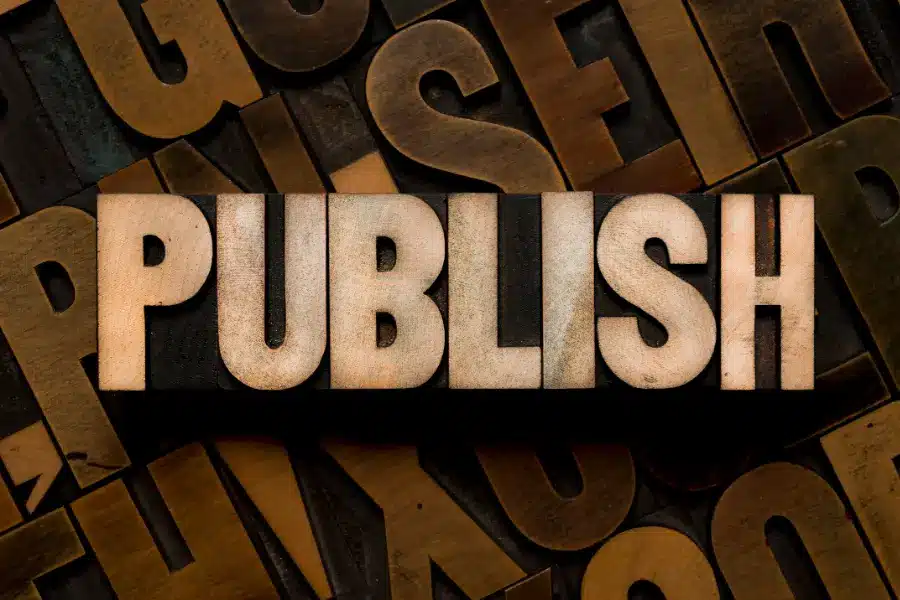All around the world, in all educational sectors, content standards and educational benchmarks are established by grade level. Educational institutions apply these to develop a curriculum framework for teachers. For an effective curriculum and successful institutions, teachers contribute to curriculum development.
An effective curriculum depicts the goals, objectives, philosophy, learning experiences, assessments, and instructional resources that form a specific and targeted educational program. Teachers deliver creative and impactful content using various techniques while encouraging learning.
Individualized attention, whole-group instruction, experiential education, and using a global lens are some of the methods that provide teachers with a path to success in the curriculum process.
Curriculum
The curriculum is the planned interaction of students with institutional contents, materials, processes, and resources to evaluate educational objectives. It involves all the activities, whether they are academic, non-academic, vocational, emotional, or recreational.
The development of the curriculum is the systematic and planned process to improve the education system positively. The curricula are affected whenever changes or developments occur globally. Therefore, they need to be updated regularly.
Challenges in curriculum development
The challenges faced in curriculum development might be global/ external, internal, or specific to a region. Regarding the global challenges, curriculum developers should respond to the following processes:
- Process of globalization
- Increasing social inequalities
- Increasing scientific and technological progress
- A radical transformation in the work field
- Advancement of democracy and human rights
- Multiculturalism
- Moral decline
- Insecurities
There are various programs offered around the world that emphasize evidence-based practices in the curriculum by working with teachers and other people to improve instruction. For example, a C&I Masters in Education program can make teachers more eligible to create effective curriculums.
Role of teachers in curriculum development
Undoubtedly, teachers play a vital role in curriculum development. Teachers are central to curriculum development with their experiences, knowledge, and competencies. Teachers support better learning as they are more knowledgeable about teaching and are responsible for implementing curricula in their classrooms.
The involvement of teachers in the development of curricula results in fewer efforts in understanding and knowing what to teach.
Planning and incorporating students’ choices
The foremost role of teachers in developing curriculum is planning. They know students and their choices and can incorporate these in classroom learning during development.
Teachers can provide insight into the materials, skills, and activities that need to be included in the curriculum. However, state or federal standards usually dictate skills covered in the curriculum, while teachers can help build students’ career interests by connecting content to an individualized plan.
Creation
Teachers have to use the curriculum and help students follow the standards and practices it outlines. Therefore, teachers should play a vital role in curriculum creation. A teacher knows which activity fits in a specified time frame and will engage students.
If multiple teachers use a curriculum, it is best to allow many of them to help in creating one. By providing their input, teachers will get ownership of the final draft in the end. They will be satisfied and feel a sense of accomplishment, and it will help them teach more easily and practically.
Implementation
The main purpose of creating a curriculum is to make students learn and study according to the specified standards. It is obligatory for teachers to implement the curriculum in their classrooms.
However, practicing it does not mean that teachers cannot make minor changes. Curriculums do have flexibility, allowing teachers to make their contributions or amendments where and when necessary.
Reflection
Reflecting on the curriculum is important as it allows teachers and other people involved in the development to identify things that are lacking in the curriculum. By doing this, they try to make it better next time and avoid any major loopholes.
Active Learning
Authorities try making the curriculum more contextualized to ensure and develop students’ interests. Otherwise, it is just content. Teachers help students develop an engaging relationship with the content.
They build lessons involving simulations, experiments, case studies, and activities to deliver the curriculum. In addition to that, active learning also provides opportunities for teachers to be creative and put their unique stamp on the educational experience.
Multiculturalism
Using a prescribed curriculum, teachers build lessons that have a global impact.
Teachers enable students to adjust to different cultures if they need to. For instance, teachers integrate examples of people with diversity who have made significant contributions in areas included in the curriculum.
Hence, they encourage inclusion, enabling students to look favorably upon diverse groups.
Equity minded instruction
A well-intended curriculum does not always meet the requirements of all students in the classroom. Teachers are central in understanding the individual needs of each student. Equity-minded instruction is important to ensure the maximum potential of each student.
Teachers group students based on their interests to encourage collaborative learning and success. Teachers also assess students’ progress in this way to determine the pace of curriculum delivery.
To conclude, curriculum development is a research-based and intellectual process. The curriculum should be created through proper planning, designing, developing, implementing, and improving channels.
For this reason and all others highlighted above, teachers play an important role in it since they know the psychology of learners and teaching methods and strategies.


